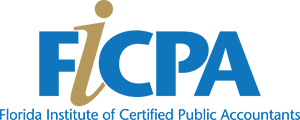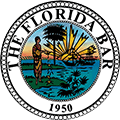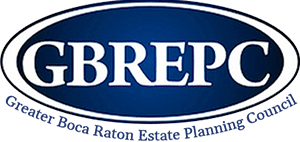Law Office of Mark A. Schaum, P.A. provides specialized legal services in the areas of Wills, Trusts, Estate and Charitable planning, Estate and Trust Administration, Taxation and Business Formation.
Mark A. Schaum is Board
Certified in Wills, Trusts & Estates Law
Why Hire A Board Certified Attorney?
Maybe you have never needed the services of an attorney before; but now you do. Obviously, you want a lawyer who can handle your particular legal situation, and who has expertise in the area of law relating to your legal needs.
To assist you in finding such a lawyer, the Supreme Court of Florida directed The Florida Bar to offer a “Board Certification” program for Florida lawyers. The program is designed to help the public make an informed decision when seeking and selecting a lawyer.
While all lawyers are allowed to advertise, only certified lawyers are allowed to identify themselves as “Florida Bar Board Certified” or as a “specialist.” Certification is the highest level of recognition by The Florida Bar of the competency and experience of attorneys in the areas of law approved for certification by the state Supreme Court.
A lawyer who is a member in good standing of The Florida Bar and who meets the standards set by the Supreme Court of Florida, may become a “Board Certified Wills, Trusts and Estates Lawyer.”

About the Attorney
Mark A. Schaum is Board Certified in Wills, Trusts and Estates, and is also a Florida Certified Public Accountant.
Primary Areas of Practice: Estate, wealth transfer, and charitable planning including tax planning for individual income, gift, estate, and generation-skipping matters; estate and trust administration; business formation and planning including corporations, partnerships and limited liability companies.
Learn More About Mark A. Schaum
Frequently Asked Questions
-
What is estate planning?
View All Estate Planning FAQsWhen someone passes away, his or her property must somehow pass to another person. In the United States, any competent adult has the right to choose the manner in which his or her assets are distributed after his or her passing. (The main exception to this general rule involves what is called a spousal right of election which disallows the complete disinheritance of a spouse in most states.) A proper estate plan also involves strategies to minimize potential estate taxes and settlement costs as well as to coordinate what would happen with your home, your investments, your business, your life insurance, your employee benefits (such as a 401K plan), and other property in the event of death or disability.
-
What is Probate and why does everyone want to avoid it?
View All Trust FAQsWhen a loved one passes away, his or her estate often goes through a court-managed process called probate or estate administration where the assets of the deceased are managed and distributed. If your loved-one owned his or her assets through a well-drafted and properly funded Living Trust, it is likely that no court-managed administration is necessary, though the successor trustee needs to administer the distribution of the deceased. The length of time needed to complete the probate of an estate depends on the size and complexity of the estate and the local rules and schedule of the probate court.
-
Will my estate be subject to taxes at death?
View All Estate Tax FAQsThere are two types of death taxes that you should be concerned about: the federal estate tax and state estate taxes. The federal estate tax is computed as a percentage of your net estate. Your net taxable estate is comprised of all assets you own or control minus certain deductions. Such deductions can be for administrative expenses such as funeral and burial costs as well as charitable donations. The federal estate tax currently taxes estates with assets of $11,580,000 or above (2020).













